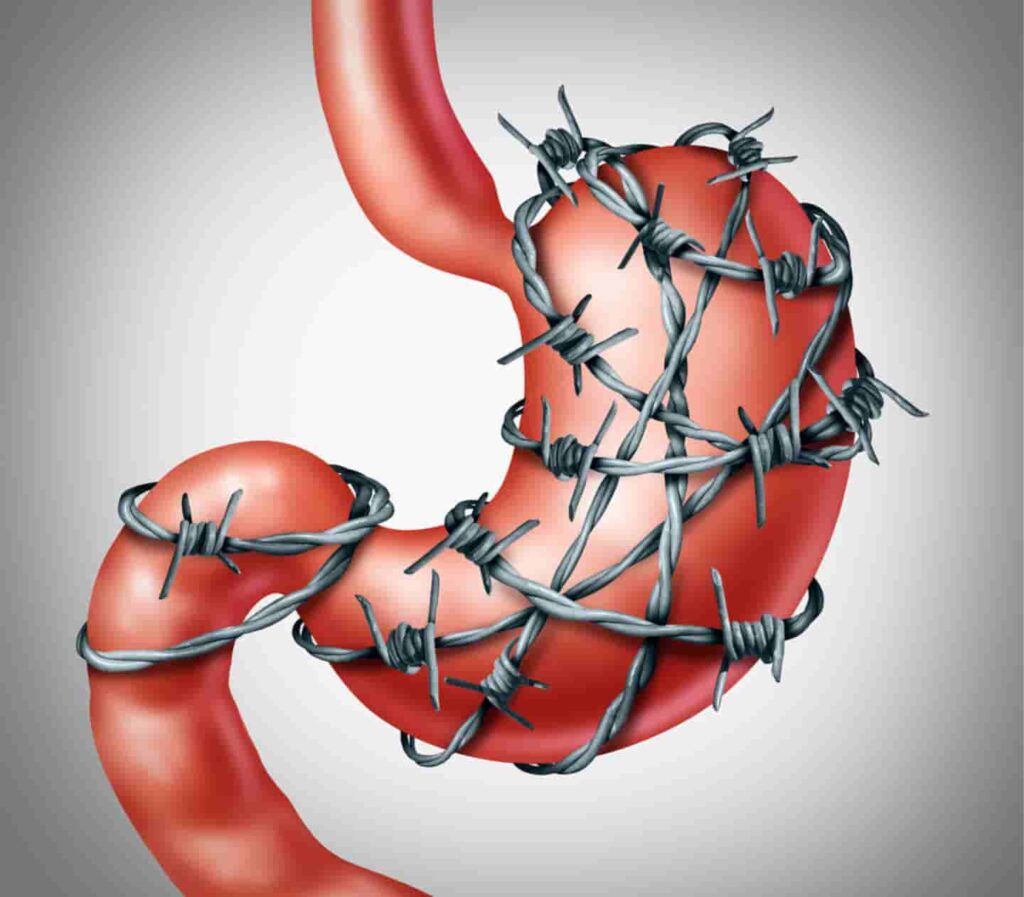Navigating Relief: Medical Marijuana for Gastroparesis
Introduction
Welcome to a comprehensive exploration of a lesser-known yet promising avenue for managing gastroparesis – medical marijuana. As a seasoned medical professional deeply involved in the world of cannabis therapy, I’m excited to share insights into how this natural remedy can provide relief for those grappling with the challenges of gastroparesis.
Understanding Gastroparesis
Before delving into the potential benefits of medical marijuana, let’s first understand gastroparesis. This digestive disorder is characterized by delayed stomach emptying, causing a range of symptoms such as nausea, vomiting, abdominal pain, and a feeling of fullness. Traditional treatments often focus on symptom management, but medical marijuana offers a different approach by addressing both symptoms and underlying causes.
The Endocannabinoid System and Gastroparesis
The human body has a remarkable regulatory system known as the endocannabinoid system (ECS), consisting of receptors spread throughout various organs, including the gastrointestinal tract. Emerging research suggests that the cannabinoids found in medical marijuana, particularly THC (tetrahydrocannabinol) and CBD (cannabidiol), may influence the ECS to bring relief to those suffering from gastroparesis.
Benefits of Medical Marijuana for Gastroparesis
Nausea and Vomiting:
Medical marijuana has long been recognized for its antiemetic properties, making it a potential solution for managing the persistent nausea and vomiting associated with gastroparesis.
Pain Management:
Gastroparesis often brings abdominal pain and discomfort. Cannabinoids like THC can offer analgesic effects, providing relief from the pain associated with this condition.
Appetite Stimulation:
One of the challenges with gastroparesis is a diminished appetite. Certain strains of medical marijuana, particularly those with higher THC content, may help stimulate appetite and promote healthier eating habits.
Reduced Inflammation:
Inflammation in the gastrointestinal tract is common in gastroparesis. CBD, a non-psychoactive cannabinoid, is renowned for its anti-inflammatory properties, potentially reducing inflammation and improving overall gut health.
Choosing the Right Strain and Method of Consumption
Strain Selection:
Sativa, Indica, or hybrid? The choice of strain depends on the symptoms you aim to alleviate. Sativa strains may provide energy and focus, while Indicas are known for their relaxing effects. Experimentation is key.
CBD vs. THC Dominant:
CBD-dominant strains are non-psychoactive and may be suitable for daytime use, while THC-dominant strains might be better for evening use, especially if pain relief and improved sleep are desired.
Methods of Consumption:
Whether through vaporization, edibles, tinctures, or capsules, the method of consumption plays a role in how quickly the effects are felt and how long they last. Start low and go slow to find what works best for you.
Considerations and Precautions
Consultation with Healthcare Provider:
Before incorporating medical marijuana into your gastroparesis management plan, consult with your healthcare provider. They can provide personalized advice based on your medical history and existing treatments.
Dosage and Monitoring:
Start with a low dose and monitor your response. Gradually adjust the dosage as needed. Keep in mind that the optimal dosage varies from person to person.
Potential Side Effects:
While medical marijuana is generally well-tolerated, some individuals may experience side effects such as drowsiness, dry mouth, or changes in appetite. It’s essential to be aware of how your body responds.
Conclusion
Medical marijuana represents a promising frontier in the management of gastroparesis, offering a holistic approach to symptom relief. As a medical professional passionate about patient care, I encourage those considering this alternative therapy to engage in open communication with their healthcare providers. With proper guidance and a personalized approach, medical marijuana has the potential to enhance the quality of life for individuals navigating the challenges of gastroparesis.

Dr. Nicholas Marsh has been a respected board-certified anesthesiologist in Northern Virginia for over 35 years. Recognized as a top doctor by FindaTopDoc.com, his vision for providing top-quality medical services is driven by his passion for patient comfort and dignity.

